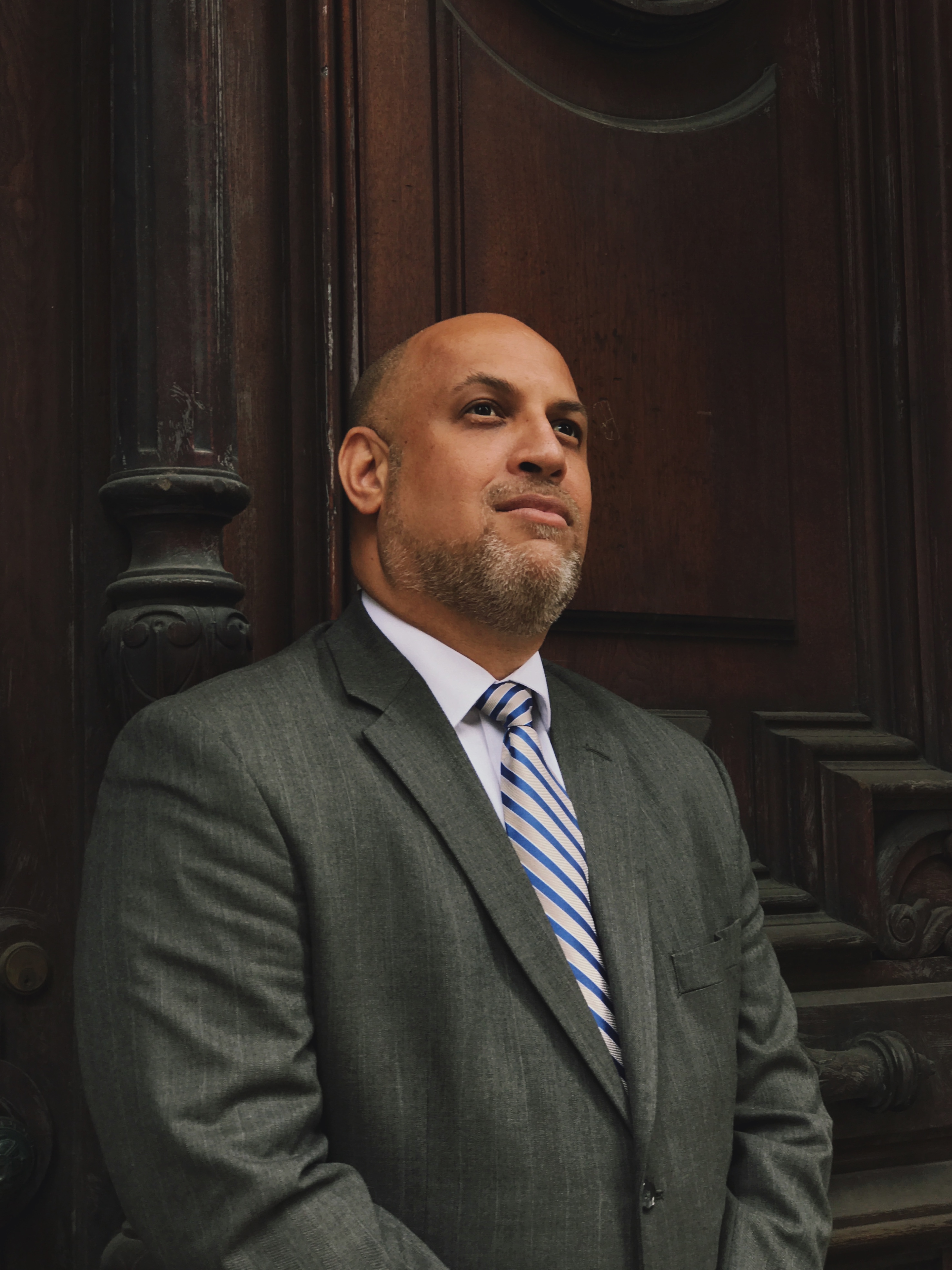Grief is a universal experience, yet it's one of the most complex emotions humans encounter. Whether it's the loss of a loved one, the end of a relationship, or a significant life change, grief can leave us feeling overwhelmed and disoriented.
In this blog, we'll delve into the five stages of grief, its origin, exploring the nuances of each stage and offering insights into how they manifest in our lives.
What Is Grief?
Grief is the profound and often overwhelming response to loss. It encompasses a wide range of emotions, from sadness and despair to anger and confusion. It's a natural and universal human experience that can be triggered by various types of loss, including the death of a loved one, the end of a relationship, the loss of a job, or even the onset of a debilitating illness.
Grief is not just an emotional state; it's a complex process that affects us physically, mentally, and spiritually. It can disrupt our sense of identity, challenge our beliefs, and shake us to our core, leaving us feeling vulnerable and exposed.
Yet, despite its intensity, grief is also a testament to the depth of our connections and the significance of what we have lost. It's a journey of healing and transformation, guiding us through the pain of separation and ultimately leading us toward acceptance and renewal.
Origin of 5 Stages Of Grief Model
The 5 Stages of Grief model, developed by psychiatrist Elisabeth Kübler-Ross in her 1969 book "On Death and Dying," provides a framework for understanding the emotional journey of grief. Originally created to describe the experiences of terminally ill patients, it has since been applied to various types of loss, such as the death of a loved one or significant life changes.
The five stages—denial, anger, bargaining, depression, and acceptance—represent different reactions people might experience. These stages are not linear and can occur in any order, offering a way to recognize and validate the complex emotions involved in grieving.
Kübler-Ross's model begins with denial, where individuals may struggle to accept the reality of the loss. This is followed by anger, marked by frustration and helplessness. Bargaining involves attempts to negotiate a way out of the pain, often through "if only" statements. The depression stage brings profound sadness and a deep sense of loss, while acceptance signifies coming to terms with the loss and finding a way to move forward.
The model emphasizes that everyone's grief journey is unique, deserving of patience and understanding.
Stages Of Grief
The stages of grief are a framework that helps us understand the emotional journey we undergo when confronted with loss. While the concept was initially applied to the process of coping with terminal illness and death, it has since been widely embraced as a model for understanding grief in all its forms.
1. Denial:
Denial is often the first stage of grief, serving as a protective shield against the harsh reality of loss. In this stage, individuals may find themselves unable or unwilling to accept the truth of what has happened, clinging instead to a sense of disbelief or numbness.
It's a natural response to overwhelming emotions, a way of buffering ourselves from the shock and pain of our circumstances. Whether it's the sudden death of a loved one or the abrupt end of a relationship, denial allows us to retreat into a temporary sanctuary of unreality, shielding us from the full impact of our loss.
2. Anger:
Anger is a potent and often overwhelming emotion that commonly emerges as the second stage of grief. Stemming from the realization of loss, it can manifest in various ways, from frustration and resentment to outright rage. This anger may be directed inward, as individuals grapple with feelings of powerlessness or guilt, or outward, towards those perceived to be responsible for their pain.
It's a natural response to the unfairness and injustice of loss, a primal reaction to the upheaval of our lives. While anger can feel consuming and uncontrollable, it's a crucial part of the grieving process.
By allowing ourselves to experience and express our anger, we release pent-up emotions and pave the way for healing.
3. Bargaining:
Bargaining is the third stage of grief, marked by a desperate attempt to negotiate with oneself, others, or a higher power in a bid to reverse or mitigate the loss. It often takes the form of "if only" statements, where individuals imagine alternative scenarios that could have prevented the loss from occurring.
Whether pleading with a higher power for a miracle or bargaining with loved ones for a second chance, this stage represents a grasping for control in the face of overwhelming circumstances. However, bargaining is ultimately a futile endeavor, as it cannot change the reality of the loss.
4. Depression:
Depression emerges as the fourth stage of grief, encompassing a profound sense of sadness, emptiness, and despair. As the initial shock of loss wears off, individuals may find themselves overwhelmed by the weight of their emotions, leading to a pervasive feeling of hopelessness.
Symptoms of depression, such as withdrawal from social interactions, loss of interest in once-enjoyed activities, and disruptions in sleep and appetite, can further exacerbate the sense of despair. While depression may feel all-encompassing and insurmountable, it is a natural response to the profound changes wrought by loss.
5. Acceptance:
Acceptance marks the final stage of grief, representing a profound shift in perspective as individuals come to terms with the reality of their loss. It is not about feeling happy or at peace with the loss but rather about reaching a place of understanding and resolution.
Acceptance does not mean forgetting or letting go of the past; rather, it involves finding a sense of peace and closure amidst the pain. It allows individuals to reclaim a sense of agency and purpose, empowering them to navigate life's challenges with renewed strength and resilience.
Example Illustrating the 5 Stages Of Grief
Understanding the 5 Stages of Grief can be challenging, but seeing how these stages manifest in a real-life scenario can provide clarity. Let’s follow David's journey through each stage after the sudden loss of his wife.
After the sudden death of his wife, David goes through the five stages of grief. Initially, he experiences denial, convincing himself that she might still walk through the door any moment, unable to process the reality of her absence.
As the days pass, he moves into anger, feeling intense frustration and blaming the doctors for not saving her, and himself for not doing more.
This soon transitions into bargaining, where he finds himself thinking, "If only I had insisted she see a specialist sooner, maybe she’d still be here," and making promises to a higher power in hopes of changing the outcome.
Depression then sets in, bringing overwhelming sadness and a sense of hopelessness; David isolates himself, loses interest in activities he once loved, and struggles to get through each day.
Finally, after several months, David begins to reach acceptance. He acknowledges the reality of his wife’s death, starts to re-engage with life, and finds ways to cherish her memory while moving forward. Though the pain of loss remains, he feels a renewed sense of peace and begins to envision a future without her
Conclusion
The 5 stages of grief is rarely a linear process; instead, it's more like a rollercoaster ride with twists and turns, ups and downs. It's normal to cycle through the stages multiple times, and there's no set timeline for how long each stage should last. The key is to allow yourself the space and grace to experience each stage fully, trusting that healing will come in its own time. By understanding and embracing the stages of grief, we can journey through the darkness and emerge on the other side with a newfound sense of strength and resilience.
FAQs
1. Is it normal to experience the stages of grief out of order?
Yes, absolutely. Grief is a deeply personal experience, and there's no one-size-fits-all approach to how it unfolds. Some people may move through the stages in a linear fashion, while others may skip stages altogether or revisit them in a different order.
2. How long does the grieving process typically last?
There's no set timeline for grief, as it varies greatly from person to person and depends on factors such as the nature of the loss and the individual's coping mechanisms.
3. Can you experience multiple stages of grief simultaneously?
Yes, it's entirely possible to experience a mix of emotions associated with different stages of grief simultaneously. For example, you might feel waves of anger and sadness washing over you at the same time, or find yourself vacillating between denial and acceptance from one moment to the next.










